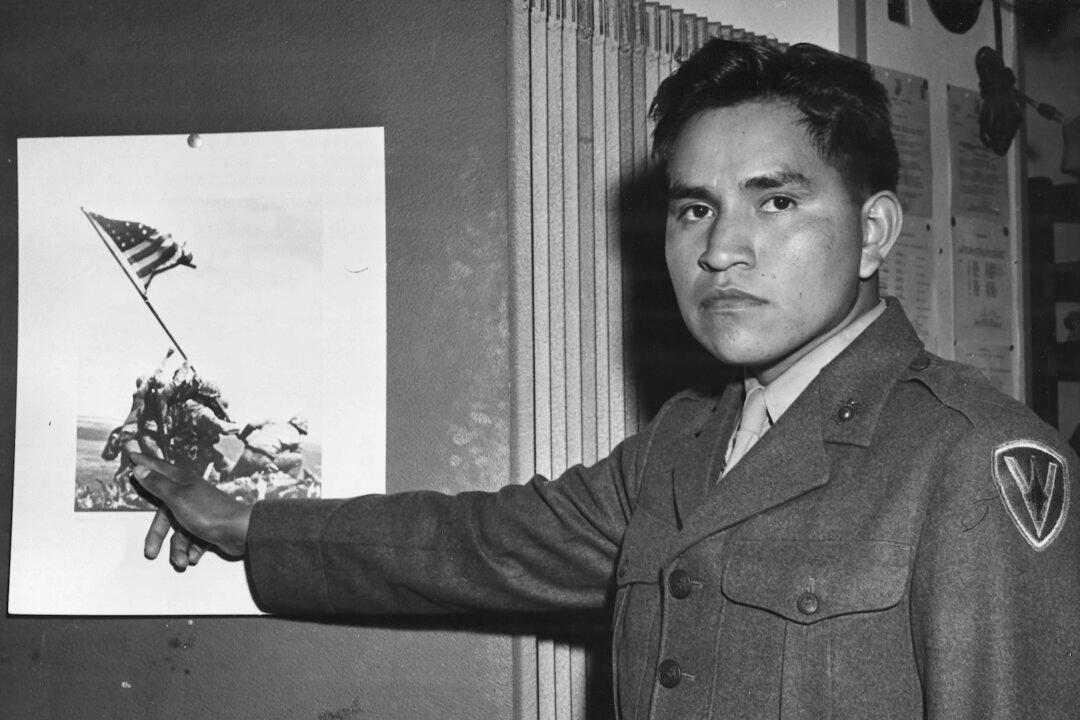Ira Hayes was one of the six Marines photographed raising the flag at Iwo Jima. In popular memory, he is the Native American who became a Marine hero at Iwo Jima and died at 36, a drunk.
“Ira Hayes: The Akimel O’odham Warrior, World War II, and the Price of Heroism” by Tom Holm shows that there was more to Hayes. It reveals him to be an intelligent, sensitive man scarred by Post Traumatic Shock Disorder (PTSD) who, due to ignorance about the disorder, was never allowed to heal.






